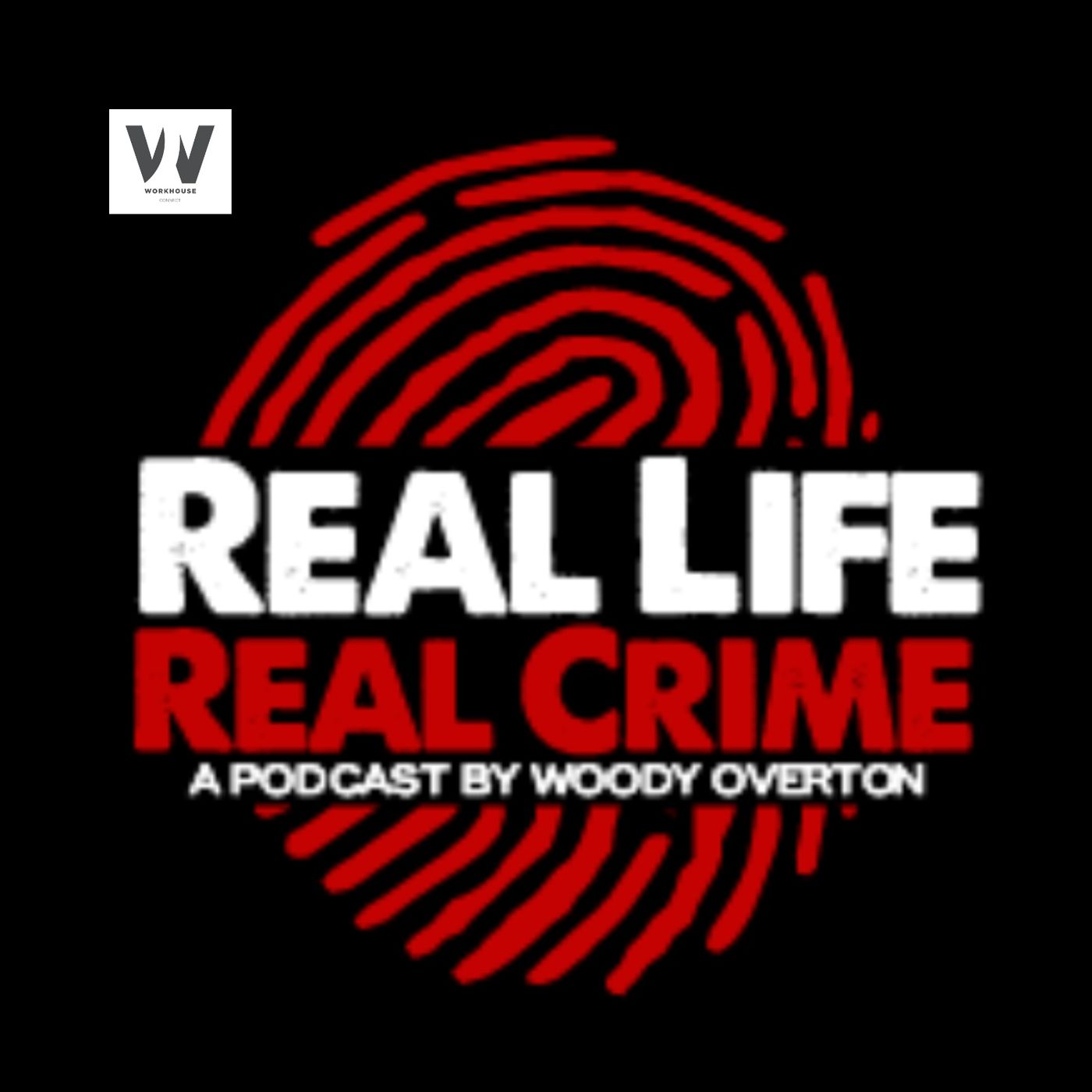Chapter

The Duty to Preserve Evidence in Criminal Investigations
Law enforcement officers and prosecutors have a duty to preserve evidence gathered during a criminal investigation, including evidence that is favorable to the defendant, to be used at trial. However, in some cases, evidence may be lost or mishandled.
Clips
The speaker highlights a case where a female convict claimed lost evidence after being pardoned.
03:19 - 06:14 (02:54)
Summary
The speaker highlights a case where a female convict claimed lost evidence after being pardoned. The speaker then questions the credibility of evidence in criminal cases and invites listeners to share their experiences with it.
ChapterThe Duty to Preserve Evidence in Criminal Investigations
Episode17: "PADtrax"
PodcastReal Life Real Crime
A former prosecutor discusses the government's legal duty to preserve certain types of evidence collected during criminal investigations and prosecutions, and how some departments may face issues with maintaining this responsibility.
06:14 - 08:11 (01:57)
Summary
A former prosecutor discusses the government's legal duty to preserve certain types of evidence collected during criminal investigations and prosecutions, and how some departments may face issues with maintaining this responsibility.
ChapterThe Duty to Preserve Evidence in Criminal Investigations
Episode17: "PADtrax"
PodcastReal Life Real Crime
This podcast discusses the duty to preserve evidence once a state agency or actor has taken possession of evidence as part of a criminal investigation and the requirement for the government to disclose evidence to the defendant at trial.
08:11 - 10:27 (02:15)
Summary
This podcast discusses the duty to preserve evidence once a state agency or actor has taken possession of evidence as part of a criminal investigation and the requirement for the government to disclose evidence to the defendant at trial.